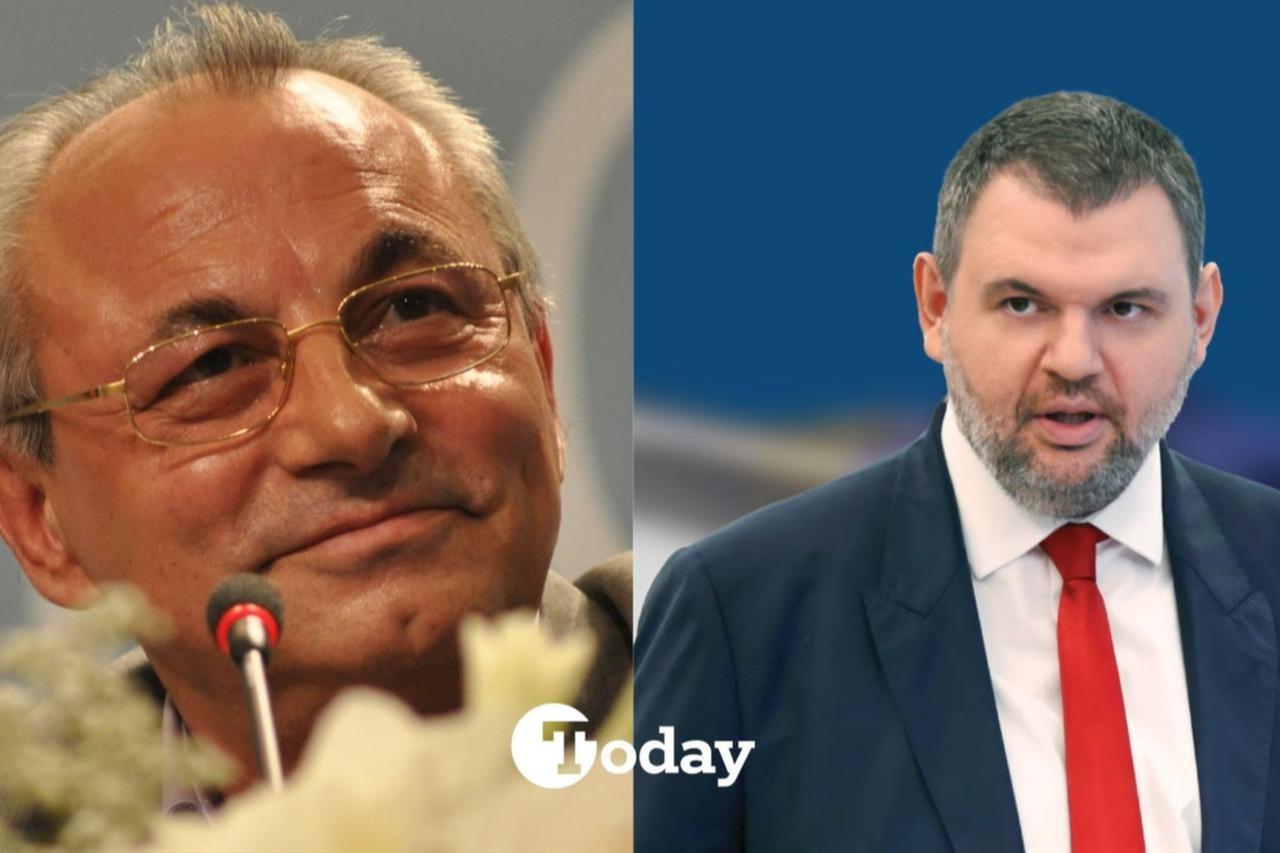
Ahmed Dogan, the longtime leader and honorary chairman of Bulgaria’s Movement for Rights and Freedoms (DPS), is back on the political stage again.
Speaking at the briefing, Dogan addressed swirling rumors about his health with characteristic candor. “I am alive, I am well. I have not had a heart attack, I have not suffered a stroke,” he declared, punctuating the statement with a wry dismissal of online speculation. Beyond putting rumors about his health to rest, Dogan insisted he’s still very much in the game, ready to steer his supporters or at least make sure everyone knows he’s calling the shots.
The APS is the culmination of months of careful planning. An Initiative Committee, chaired by Taner Ali, has already been formed to prepare for a National Founding Conference. The committee has begun laying the institutional groundwork, signaling that Dogan’s vision is transitioning from idea to action. As Ali noted, “Our party was stolen, but our cause and ideology remain unchanged.”
The APS, he suggested, is not a break from Dogan’s past but rather a continuation of the principles that have guided him for over three decades.
The launch of the Alliance for Rights and Freedoms (APS) comes on the heels of one of the most dramatic internal crises in the history of Bulgaria’s Movement for Rights and Freedoms (DPS). What may have begun as routine political maneuvering quickly escalated into a full-blown power struggle earlier this year, culminating in Delyan Peevski’s consolidation of control over the party.
Dogan and his long time loyalists found themselves increasingly sidelined, their influence diminished within the very organization they had helped shape for decades.
This was not merely a disagreement over policy or direction—it struck at the heart of the party’s identity. In a symbolic and practical blow, Dogan’s faction was stripped of the right to use the DPS acronym, forcing a rebranding and a reckoning with the question of who truly represents the party’s legacy.
The emergence of the APS is more than a passing chapter in Bulgaria’s political history, it is a calculated statement with potentially far reaching consequences. For Dogan, the creation of a new platform serves multiple purposes: it signals to his supporters that his vision is far from obsolete, it challenges Peevski’s monopoly over the DPS brand and it positions the APS as the self proclaimed guardian of the party’s original mission.
From a strategic perspective, the APS could reshape the political landscape in subtle but meaningful ways. Analysts note that Bulgaria’s minority politics have long been defined by personalities as much as platforms, and Dogan’s re-entry into the fray threatens to recalibrate alliances and loyalties. The APS may fragment support, forcing voters and politicians alike to reconsider where the “true” heirs of the DPS legacy reside.
Yet there is a broader question at play: the APS is not just a reaction to internal party disputes; it is a test of political branding, narrative control, and the durability of personal influence in contemporary Bulgarian politics.
By presenting himself as the guardian of the DPS’s original mission, Dogan is suggesting that true leadership is about upholding the party’s values not just holding its title. he APS, in effect, puts the choice in voters’ hands: which faction—Dogan’s or Peevski’s—truly represents the party’s legacy and should shape its future direction?